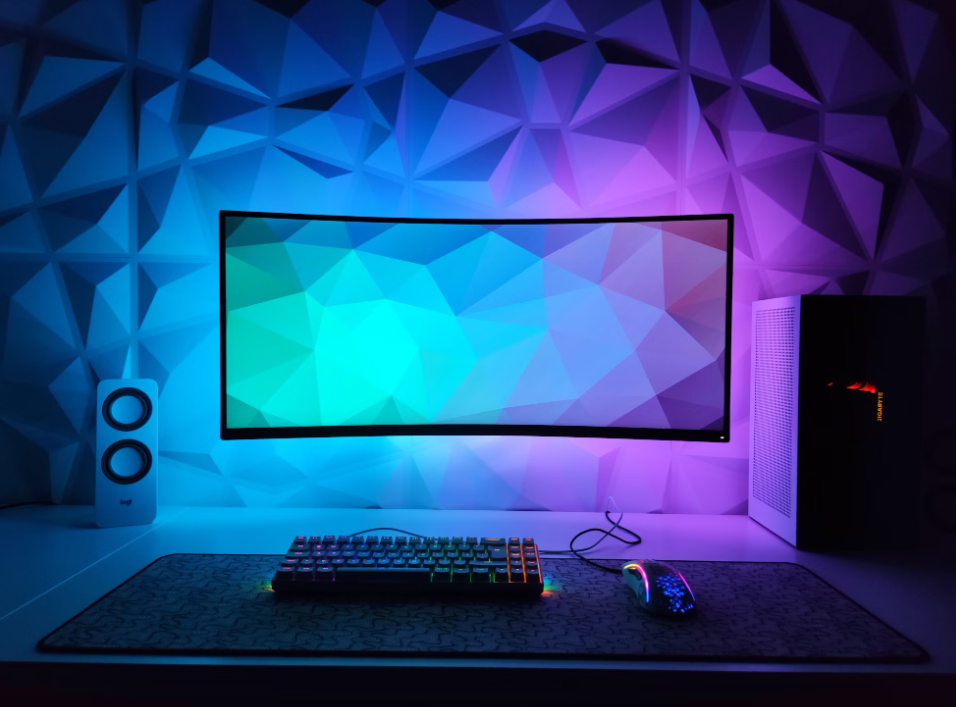In the rapidly evolving landscape of technology, AI-enhanced personal computers (AI PCs) have emerged as a beacon of innovation. The concept, initially introduced by Intel CEO Pat Gelsinger in September 2023, has quickly gained traction, with major players like Nvidia, Lenovo, Dell, HP, and Asus jumping on the bandwagon. The integration of AI capabilities directly into PCs promises a new era of computing power and efficiency.

However, the journey of AI PCs from a futuristic concept to a market-ready product is fraught with challenges. Despite the hype, the reality is that these advanced machines come with a hefty price tag, often reaching tens of thousands, which is a significant barrier for widespread adoption. Moreover, the current capabilities of AI PCs, primarily serving as advanced personal assistants, do not yet justify their premium cost.
The industry's rush towards AI PCs is evident in the recent developments. Intel's AI PC acceleration program and the introduction of its new Core Ultra mobile processors with built-in AI accelerators mark a significant milestone. Nvidia's launch of the GeForce RTX 40 SUPER series GPUs at CES is another testament to the growing focus on AI in personal computing.
On the hardware front, leading PC manufacturers are incorporating AI capabilities into their latest offerings. Lenovo, for instance, has introduced over ten AI PC models, equipped with AI-assisted software for creative tasks and intelligent assistants. These developments signify a shift in PC architecture, moving from the traditional CPU-GPU duo to a more complex CPU-GPU-NPU (Neural Processing Unit) combination, enhancing the machine's ability to handle AI tasks efficiently.
The software aspect of AI PCs is equally crucial. Microsoft's decision to integrate its AI assistant, Copilot, into Windows 11 computers, marks a significant shift in PC software evolution. This integration paves the way for a host of new AI-driven functionalities, from creative applications to productivity enhancements.
Despite these advancements, the AI PC market faces uncertainties. The high cost and limited current use cases pose significant challenges. The industry needs to bridge the gap between the capabilities of AI PCs and their high cost to make them accessible and appealing to a broader audience.
In conclusion, while AI PCs represent a significant leap forward in personal computing, balancing their potential with practicality remains a crucial challenge. The industry must navigate these complexities to fully realize the promise of AI-enhanced computing.
